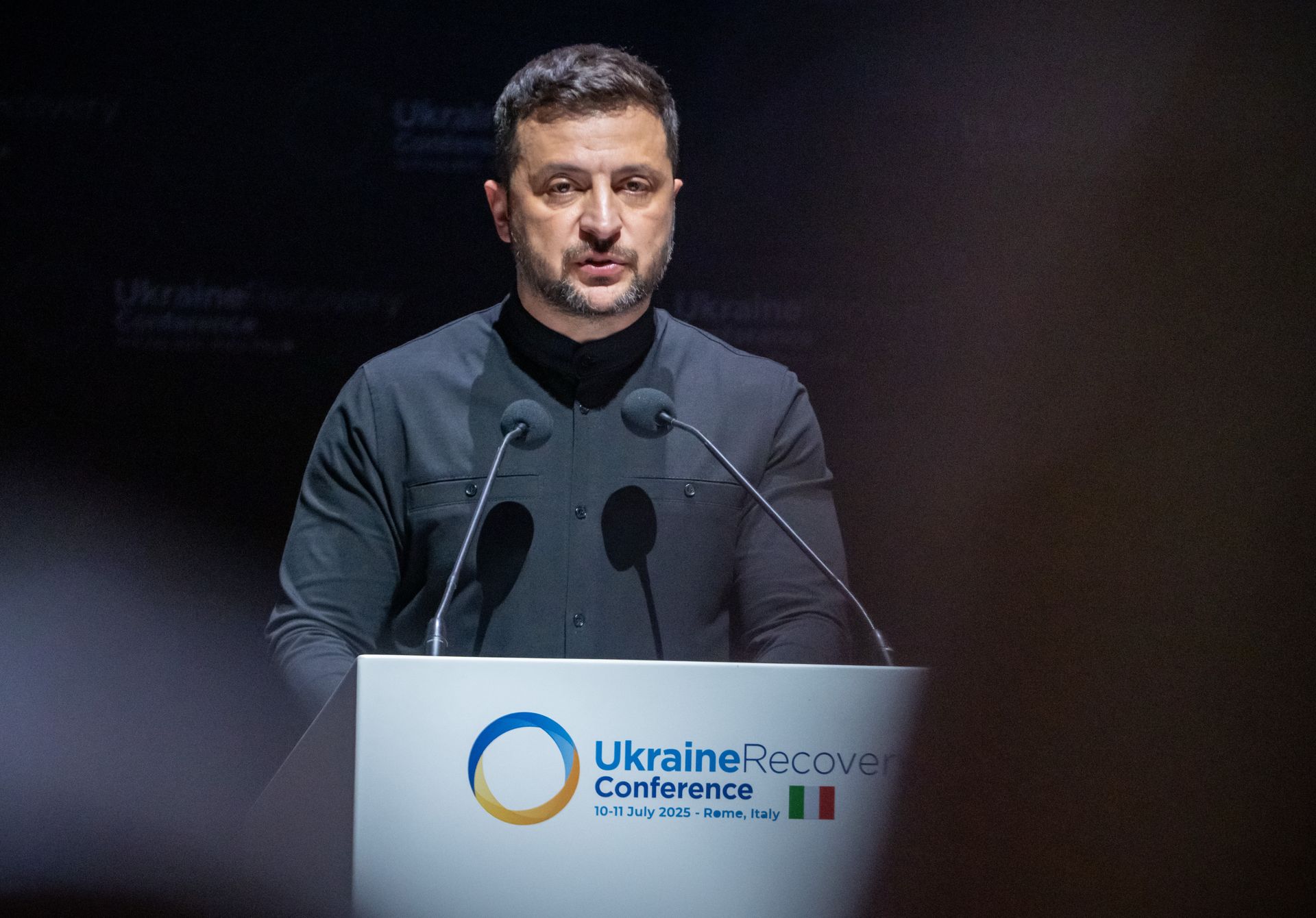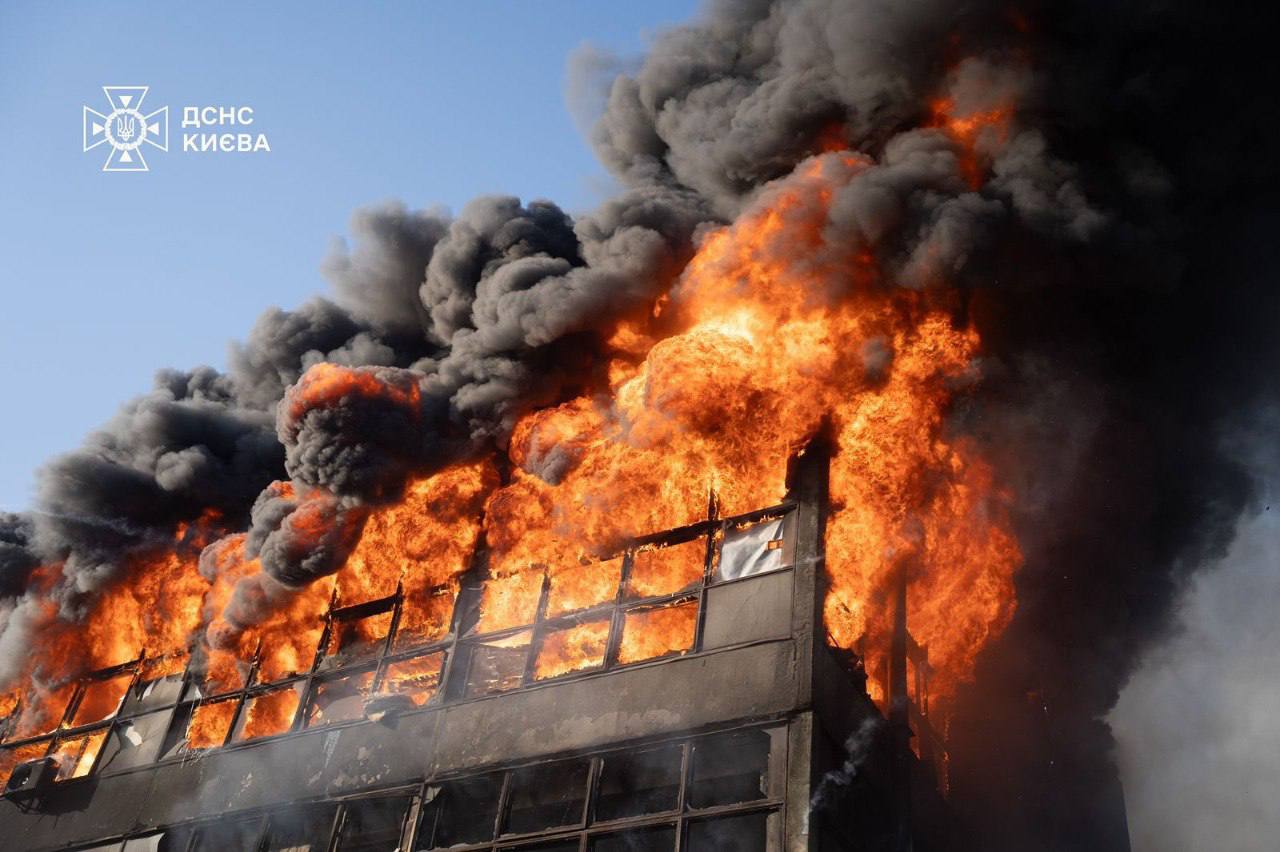EU aims to mobilize up to $12 billion for Ukraine's recovery under new agreements

The EU has signed agreements with financial institutions to mobilize up to 10 billion euros (around $12 billion) in investments to help Ukraine rebuild amid the Russian invasion, European Commission President Ursula von der Leyen announced at the Ukraine Recovery Conference on July 10.
"With 2.3 billion euros in agreements signed, we aim to unlock up to 10 billion euros in investments to rebuild homes, reopen hospitals, revive businesses, and secure energy," von der Leyen said at the fourth international conference focused on mobilizing support for Ukraine's reconstruction.
The agreements include 1.8 billion euros ($2.1 billion) in loan guarantees and 580 million euros ($680 million) in grants.
Von der Leyen also unveiled the new European Flagship Fund for the Reconstruction of Ukraine, describing it as "the largest equity fund globally to support (Ukraine's) reconstruction."
The fund aims to mobilize 500 million euros (over $580 million) by 2026 in private sector investment across energy, transport, critical raw materials, and dual-use industries.
"We are literally taking a stake in Ukraine's future by leveraging public money to bring large-scale private sector investments and help the rebuilding of the country," von der Leyen explained.
The initiative involves Italy, Germany, France, Poland, and the European Investment Bank as founding partners.
Von der Leyen emphasized that the EU will "ensure that Ukraine is supported until 2028 and beyond when the new European budget kicks in."
Her remarks followed those of President Volodymyr Zelensky, who urged international partners to join the Ukraine recovery coalition and help the country rebuild in a manner similar to the post-World War II-era Marshall Plan.
The EU and its member states have been key allies of Ukraine throughout the full-scale war, providing over $162 billion in financial, military, and humanitarian assistance since 2022.
Brussels has launched various initiatives to help Kyiv sustain its economy and resist Russian aggression, including the Ukraine Facility program and financial assistance using proceeds from immobilized Russian assets.
Von der Leyen also reiterated that the European Commission considers Ukraine ready to open the first cluster of accession negotiations.
Ukraine applied for EU membership at the onset of Russia's full-scale invasion in 2022. The country has made quick progress, achieving candidate status within months, with the initial negotiations formally launching in June 2024.
The Hungarian government, broadly seen as the most Moscow-friendly in the European bloc, continues to block the opening of the initial cluster, which requires a unanimous agreement of all 27 members.
"For them (Ukraine), the future has two flags. The flags of Ukraine and the flags of Europe," Ursula von der Leyen said.
"Under relentless fire, Ukraine is passing reform after reform. Ukraine is delivering on its reforms. Now we must too".












